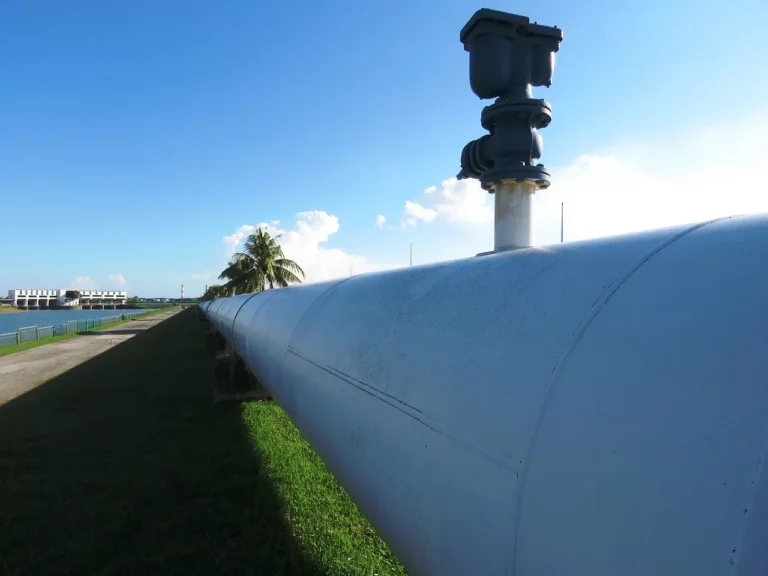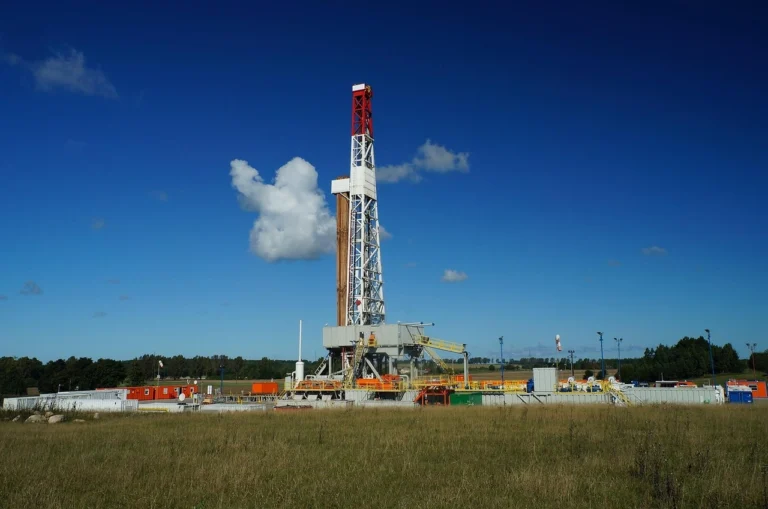
Westinghouse and Google Cloud Partner to Revolutionize U.S. Nuclear Reactor Development with AI
Westinghouse Electric Company and Google Cloud have announced a strategic collaboration aimed at transforming how nuclear power plants are constructed and operated in the United States. By harnessing artificial intelligence (AI) technologies, the partnership will focus on making the building of advanced Westinghouse nuclear reactors a faster, more efficient, and replicable process while simultaneously improving the performance and efficiency of existing nuclear energy assets.
This alliance marks a significant step forward in the application of digital technologies to the energy sector, particularly in nuclear power. The effort brings together Westinghouse’s proprietary nuclear-specific AI platforms—HiVE™ and bertha™—with Google Cloud’s leading-edge technology stack, including Vertex AI, Gemini, and BigQuery, to deliver AI-powered innovation across the nuclear lifecycle.
Driving Modernization with AI: From Construction to Operations
Central to the initiative is the goal of streamlining the construction of new nuclear power plants, especially the AP1000® reactor, which Westinghouse describes as the only fully licensed and construction-ready modular reactor on the market today. The company believes the AP1000 is the fastest route to delivering new nuclear energy capacity to the U.S. grid, offering both affordability and scalability.
“By partnering with Google Cloud to enhance our HiVE and bertha technology, and backed by 75 years of our proprietary nuclear data, we can accelerate the deployment of new AP1000 units while implementing powerful AI technologies that will optimize the construction and operations of nuclear power plants,” said Dan Sumner, Interim CEO of Westinghouse.
AI-driven enhancements will allow for a more consistent and reliable approach to building these plants—reducing delays, managing supply chain complexity, and improving safety protocols.
As proof of the collaboration’s potential, Westinghouse and Google Cloud have already delivered a successful proof of concept. Using the WNEXUS digital plant design platform and Westinghouse’s AI tools (HiVE and bertha), supported by Google Cloud’s AI technology, the companies were able to autonomously generate and optimize modular construction work packages for the AP1000 reactor. These work packages are essential to ensuring construction follows a defined, efficient, and quality-controlled process.
Enhancing Nuclear Plant Operations with Data-Driven AI

Beyond construction, the partnership extends into operational improvements for existing nuclear plants. By integrating AI-powered analysis and predictive insights, Westinghouse and Google Cloud aim to enable smarter plant operations, enhanced reliability, and optimized maintenance schedules.
HiVE and bertha are designed not only to streamline the deployment of Westinghouse’s flagship AP1000 reactor but also to support a range of next-generation nuclear technologies including the AP300™ small modular reactor (SMR) and the eVinci® microreactor. These solutions are increasingly seen as key components in the future of clean energy, especially in decentralized and remote energy systems.
The use of AI in operations could help utilities respond faster to equipment issues, reduce downtime, and make real-time decisions based on predictive maintenance models. Westinghouse’s AI tools use a vast trove of proprietary nuclear data collected over the company’s 75-year history, making the insights particularly tailored and reliable for nuclear industry use cases.
A Transformative Partnership for the Energy Sector
“This partnership with Westinghouse combines Google Cloud’s AI technologies and expertise with Westinghouse’s century-long expertise in nuclear innovation to chart a new path towards a smarter and safer future,” said Kyle Jessen, Managing Director for Commercial Industries at Google Cloud. “Artificial intelligence is not merely a tool; it can give companies a critical competitive advantage. Westinghouse is demonstrating what’s possible.”
The collaborative effort signals an important transition in the nuclear industry—a traditionally conservative sector now embracing cutting-edge digital tools to solve complex, multi-decade challenges in construction, safety, and scalability.
By integrating cloud-based AI, Westinghouse can accelerate key project phases from design and procurement to on-site execution, while also improving reactor uptime and performance across the operational fleet. The tools are built to ensure traceability, compliance with safety regulations, and cybersecurity resilience—factors that are essential in nuclear infrastructure.
HiVE and bertha: Westinghouse’s AI Game-Changers
Launched in September 2024, HiVE and bertha are Westinghouse’s flagship AI technologies. Developed over several years and grounded in proprietary historical data and industry knowledge, these tools represent a new era in nuclear plant design, construction, and performance optimization.
- HiVE (Holistic intelligent Virtual Environment) is focused on enhancing construction design and sequencing.
- bertha provides predictive insights and operational diagnostics for running plants, leveraging machine learning and deep analytics to support decision-making.
Both solutions are staffed and supported by dedicated teams of nuclear engineers and data scientists, underscoring Westinghouse’s commitment to technological rigor and domain expertise.
These AI platforms are engineered to work across Westinghouse’s portfolio, supporting not only full-scale reactors like the AP1000, but also its smaller and more agile units such as the AP300 and eVinci—which are gaining traction for deployment in smaller grids, industrial applications, and off-grid locations.
Implications for the Future of Energy
With the U.S. and many other nations seeking to expand clean energy capacity and reduce greenhouse gas emissions, the role of nuclear power is poised for a resurgence. Yet high construction costs, long timelines, and public perception challenges have often slowed deployment.
This partnership between Westinghouse and Google Cloud may offer a blueprint for addressing those hurdles—by using artificial intelligence to cut through complexity and deliver both economic and environmental value.
The deployment of AI could:
- Reduce construction time by automating repetitive or data-intensive tasks.
- Lower costs through optimized workflows and real-time analytics.
- Improve safety through predictive diagnostics and continuous monitoring.
- Enhance regulatory compliance through robust data trails.
Westinghouse’s combination of nuclear-specific AI and Google Cloud’s digital infrastructure demonstrates how traditional industries can evolve through strategic innovation.







